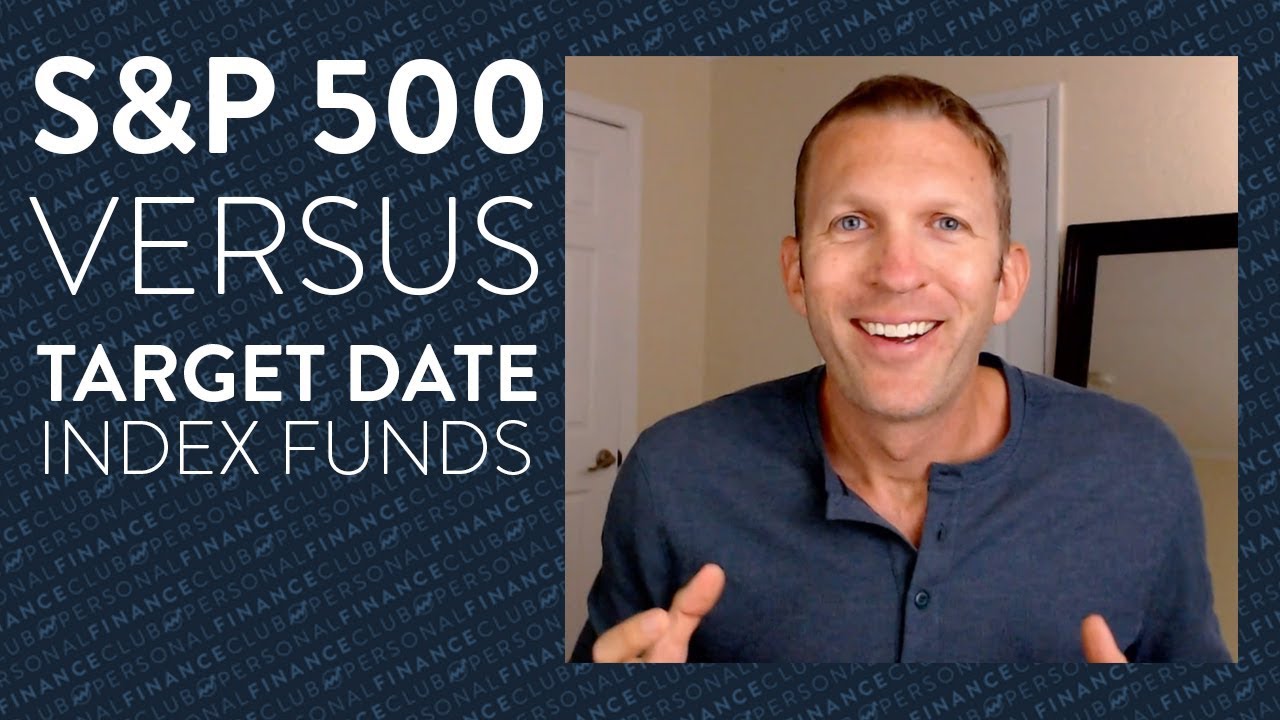Hello, I am hoping to get your advice.
My background: I am 32-year-old military pilot that started off as an enlisted firefighter for the first 9 years and been a pilot for only 4. Currently, I have $160k saved with no debt of any kind except for a house. My income is $9.5k a month before taxes and $7.8k a month after taxes. My bills/house mortgage I split with my brother and streaming services/phone bills total about $1.8k a month leaving me with $6k a month to invest/save/live on. I plan to save $3k a month and live off $3k a month. I am trying to play catch up as I feel I am behind the curve for where I should be. I had some bad luck/decision but that totaled $60k but I am working to get in where I should be.
The $160k is broken down in the following:
$45k in emergency funds
$32k in military Roth IRA
$52k in vanguard Roth IRA
$25k in 4 vanguard index funds
$5k in vanguard money market fund sitting for opportunity investments
I recently bought these 4 index funds and plan to invest every month in each. Do I need to make any changes so I am not redundant in my investments or is it diversified enough? Do I need to have fewer funds or more?? Should I invest more that 1k out of the 3k a month in the index funds? The other $2k will be divided between my ROTH Ira ($6k max), Military IRA ($19.5k max), and Emergency fund. Do I need to invest/save more? I retire from the military in 6.8 years from now and should receive 50% of my base pay at that time each month of retirement. I can’t help but feeling like I am very far behind the curve. I would like to set myself up with the right funds, invest automatically, and not pay much attention to it anymore and make my money work for me.
Vanguard Funds totaling $25k (plan to invest $250 dollars a month in each):
VGSLX - Vanguard Real Estate Index Fund
VIGAX - Vanguard Growth Index Fund Admiral Shares
VFIAX - Vanguard 500 Index Fund Admiral Shares
MGK - Vanguard Mega Cap Growth ETF




